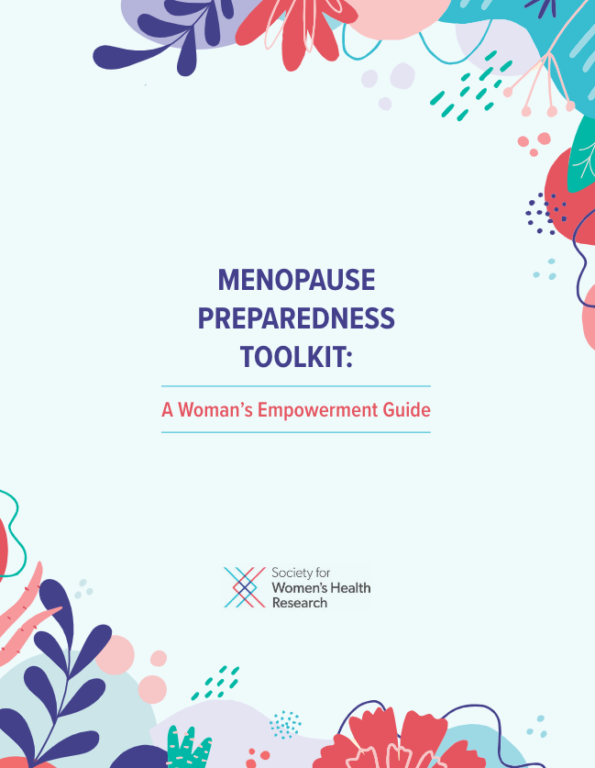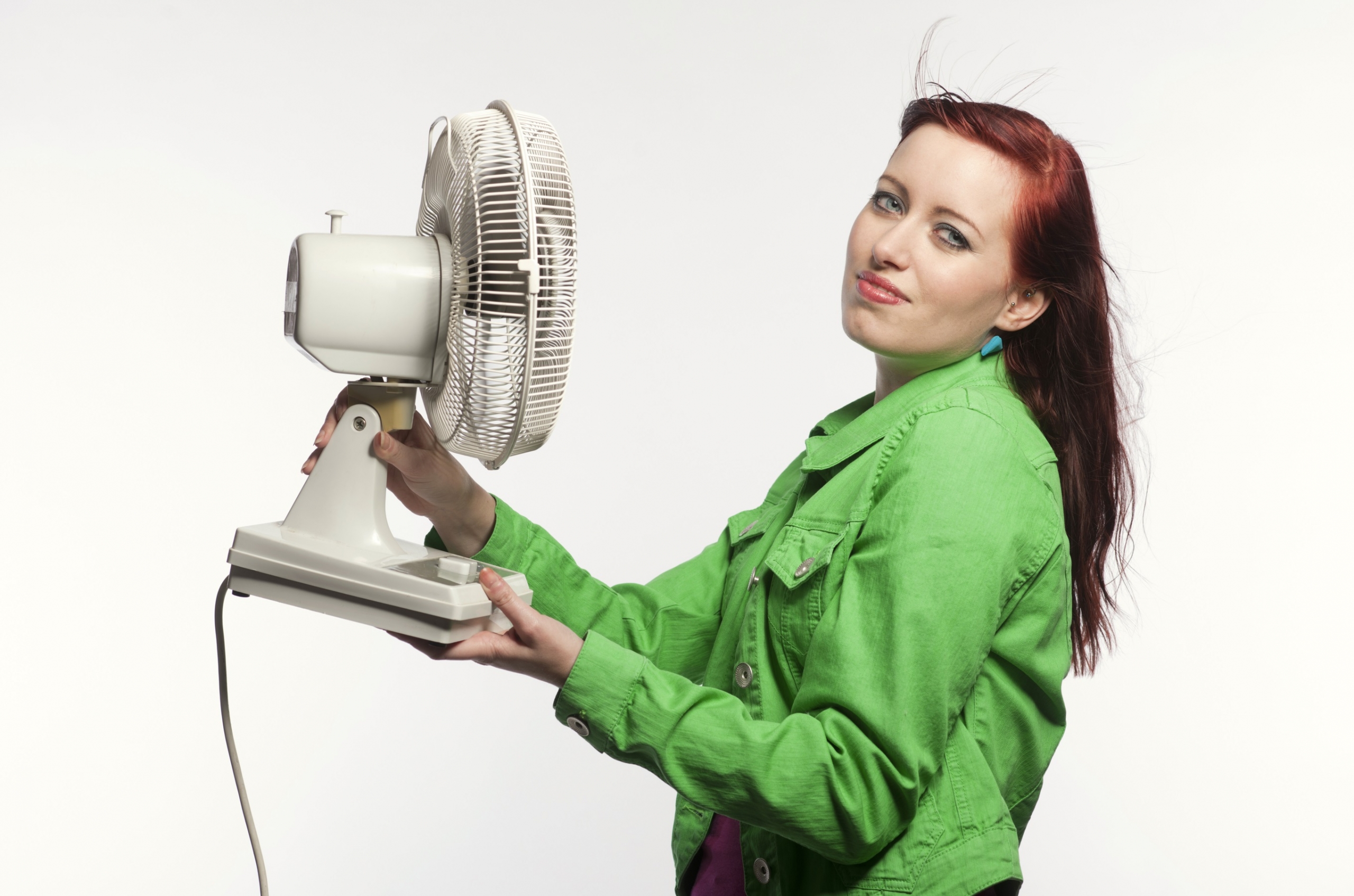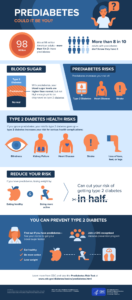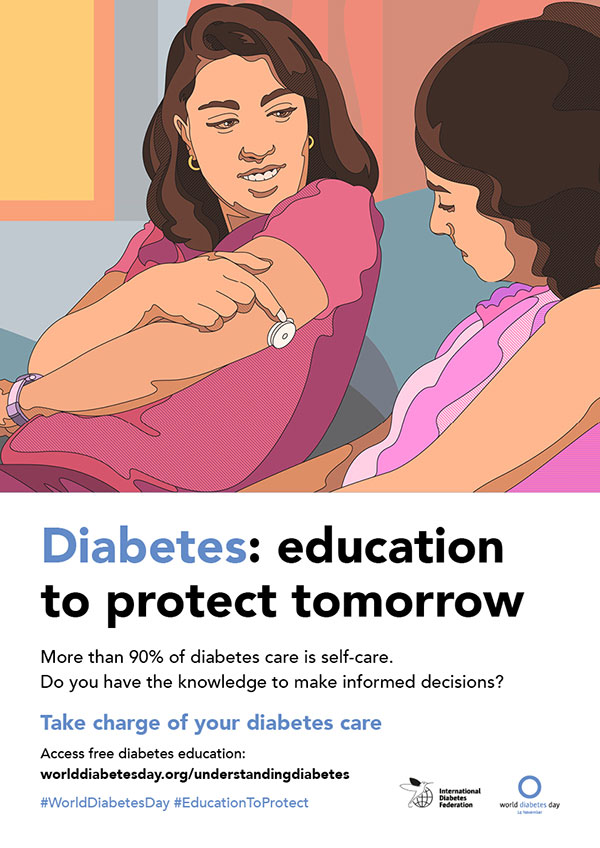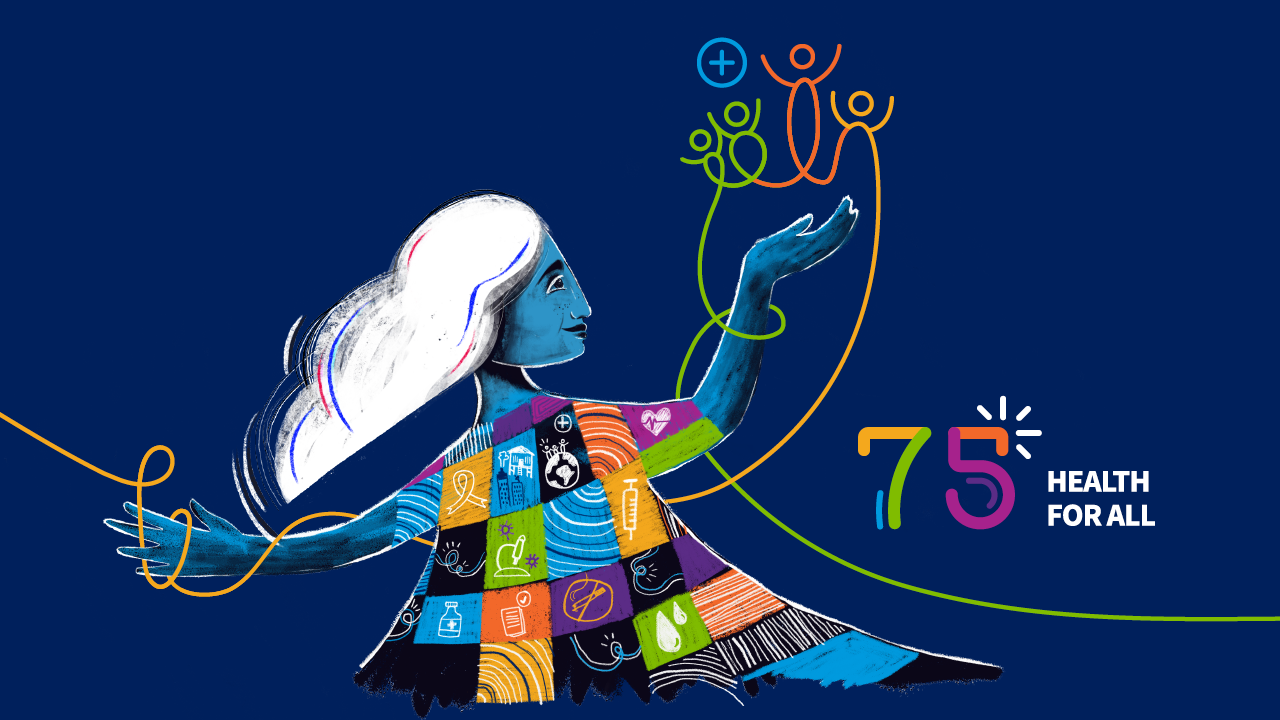“Hormone therapy is available as a daily pill,
but it also may be taken as a skin patch,
gel, cream, spray, or vaginal ring”.1
Umbrella
What may the Hormone Therapy Options Umbrella include?
Depending on the Source (DotS) this Umbrella may include:
- HRT/HT/MHT Dose
- Hormone Replacement Therapy (HRT) Forms/Medicines/Options/Preparations/Types/Ways To Take
- Hormone Therapy (HT) Forms/Medicines/Options/Preparations/Types/Ways To Take
- Menopausal Hormone Therapy (MHT) Forms/Medicines/Options/Preparations/Types/Ways To Take
Not One-Size-Fits-All
Are HT options one-size-fits-all?
No. In HRT: Types, Doses and Regimes the (British) Women’s Health Concern explain:
Options
What are some hormone therapy (HT) options?
On page two in Deciding About Hormone Therapy Use: Pill or Non-Pill the North American Menopause (NAMS) note:
In Menopause Management Options: Menopausal Hormone Therapy (MHT) – How Do You Take MHT? the (Australian) Jean Hailes for Women’s Health explain:
 “MHT can be prescribed in different dosages and methods, depending on your needs and responses. For example, you might be prescribed pills, patches, gel, vaginal creams or an intrauterine device (IUD).
“MHT can be prescribed in different dosages and methods, depending on your needs and responses. For example, you might be prescribed pills, patches, gel, vaginal creams or an intrauterine device (IUD).
You may need to try different dosages or methods to find the right combination. Your doctor must supervise this process”.4
Dose
What is recommended about the dose of HT?
In Menopause: Menopause – Hormone Treatments the (United States) Food and Drug Administration (FDA) note:
In Hormone Replacement Therapy (HRT): About Hormone Replacement Therapy (HRT) – After You Start Taking HRT the NHS also note:
A GP will usually recommend a review appointment 3 months after you start taking HRT, or if you change your type of HRT. This is to see how well it’s working. If everything is OK, you’ll usually have 1 review a year”.6
Who is a GP?
Dots and/or DotC (Depending on the Country) a GP may be a registered general practitioner, a medical practitioner, a medical doctor or a doctor.
Vaginal Oestrogen
When may vaginal oestrogen be used?
On page two in the Joint Position Statement By the British Menopause Society, Royal College of Obstetricians and Gynaecologists and Society for Endocrinology on Best Practice Recommendations for the Care of Women Experiencing the Menopause first published online 10 June 2022, one of the recommendations is:
- “Low-dose and ultra-low dose vaginal oestrogen preparations can be taken by perimenopausal and menopausal women experiencing genitourinary symptoms and continued for as long as required. All vaginal oestrogen preparations have been shown to be effective in this context and there is no requirement to combine vaginal oestrogens with systemic progestogen treatment for endometrial protection, as low-dose and ultra-low dose vaginal oestrogen preparations do not result in significant systemic absorption or endometrial hyperplasia”.7
Health Care Provider
What if I would like help to choose what HT to use?
If you would like help to choose what HT to use, it may be in your best interest to choose to talk to your health care provider about this.
On page two in Deciding About Hormone Therapy Use: Hormone Therapy Options the NAMS explain:
What if I have any concerns about HT?
In Menopause Management: Menopausal Hormone Therapy (MHT) – How Long Do You Need To Take MHT? the JH note:
Health Topics A-Z
Where may I find Health Topics A-Z related to Hormone Therapy Options?
In Health Topics A-Z you may find:
Links
Where may I find Links related to Hormone Therapy Options?
Your Country may have Links similar to:
Links
This Links List to third party websites is neither comprehensive nor exhaustive. Inclusion on this Links List does not imply endorsement or recommendation. Non-inclusion on this Links List does not imply non-endorsement or non-recommendation. Third party websites are not under the control of Meno Martha International Menopause Directory. Third party websites may contain explicit medical images and/or sexual references. Please read Meno Martha International Menopause Directory’s Links Policy before proceeding to a Link. Please contact Webmaster if you experience a problem with a Link.New or Updated
- BMS & WHC’s 2020 Recommendations on Hormone Replacement Therapy In Menopausal Women
- BMS Statement on Testosterone
- BMS TV: Bioidentical Hormones
- BMS TV: HRT and Bleeding
- BMS TV: HRT and Breast Cancer: Overall Risks and Benefits
- BMS TV: HRT and the Risk of Breast Cancer
- BMS TV: Hormone Replacement Therapy (HRT)
- BMS TV: Urogenital Atrophy
- Bioidentical Hormones: Are They Safer?
- Continuous Combined Hormone Replacement Therapy (HRT) Tablets, Capsules and Patches
- Deciding About Hormone Therapy Use
- Dr Louise Newson: The Truth About the Menopause & HRT
- Endometrial Safety of Low-Dose Vaginal Estrogens
- Endometrial Safety of Low-Dose Vaginal Estrogens [Video]
- FAQS: Hormone Therapy for Menopause
- Find A Menopause Practitioner [United States and Other]
- Find An AMS Doctor [Australasian Menopause Society i.e. Australia and New Zealand]
- Find Your Nearest BMS Menopause Specialist [British Menopause Society]
- Guidance on Menopausal Hormone Therapy
- HRT
- HRT & Menopause Extra
- HRT – Types, Doses and Regimens
- HRT: Benefits and Risks
- Hormone Replacement Therapy (HRT)
- Hormone Replacement Therapy (HRT) With Dr Nicky Peel & Prof. David Armstrong
- Hormone Replacement Therapy (HRT): Alternatives To Hormone Replacement Therapy (HRT)
- Hormone Replacement Therapy (HRT): Side Effects of Hormone Replacement Therapy (HRT)
- Hormone Replacement Therapy (HRT): Types of Hormone Replacement Therapy (HRT)
- Hormone Replacement Therapy: Does It Cause Vaginal Bleeding?
- Hormone Therapy: Is It Right for You?
- Hot Flashes
- Hot Flashes
- Hot Flashes: What Can I Do? [+ Video: What Are the Signs and Symptoms of Menopause?]
- How To Find Relief for Hot Flashes At Night
- I Forgot To Ask the Doctor – E9: The Menopause: Can Every Woman That Wants It Have HRT?
- Index To Drug-Specific Information [United States]
- Joint Position Statement By the British Menopause Society, Royal College of Obstetricians and Gynaecologists and Society for Endocrinology on Best Practice Recommendations for the Care of Women Experiencing the Menopause
- Later Years (Around 50 Years and Over): Menopause and Post Menopause Health – Hormone Replacement Therapy (HRT) [+ Video: Is HRT Bad for You?]
- Later Years (Around 50 Years and Over): Menopause and Post Menopause Health – Signs and Symptoms of Menopause [+ Video: Talking Menopause With Your GP]
- Mayo Clinic Minute: Help With Hot Flashes Due To Menopause [+ Video Courtesy: Mayo Clinic News Network]
- Menopausal Hormone Therapy
- Menopausal Hormone Therapy and Breast Cancer Risk
- Menopausal Hormone Therapy and Venous Thromboembolism
- Menopausal Hormone Therapy, Heart Disease and Stroke
- Menopause
- Menopause
- Menopause
- Menopause & Hormones: Questions To Ask Your Doctor
- Menopause Map: Downloadable Resources – My Personal Path Print Tools: Questions for Your Health Care Provider

- Menopause Management Options: Menopausal Hormone Therapy (MHT)
- Menopause Patient Information [Videos] 2. Talking To Your GP About Menopause
- Menopause Patient Information [Videos] 3. The Risks & Benefits of HRT
- Menopause Patient Information [Videos] 4. The Different Types of HRT
- Menopause Preparedness Toolkit Video Series: Treating Vasomotor Symptoms of Menopause
- Menopause Symptoms: Mayo Clinic Expert Outlines Hormone and Nonhormonal Therapies
- Menopause Treatments: What Works, What Doesn’t
- Menopause and HRT
- Menopause, Perimenopause, Hormone Therapy and Other Treatments With Madelyn Butler, MD [Podcast]
- Menopause: Diagnosis & Treatment – Treatment
- Menopause: Diagnosis and Management – Information for the Public: Questions To Ask About Menopause [NICE Guideline]
- Menopause: Understanding the Changes and Finding Relief | Dr Susan Davis | The Proof Podcast EP 256
- Mymenoplan.org [My Menoplan, United States]
- Navigating Menopause: Expert Insights and Solutions | Dr Susan Davis | The Proof Podcast EP 245
- Non-Estrogen Treatments for Menopausal Symptoms
- Nonhormone Treatments for Hot Flashes and Night Sweats
- Oestrogen Tablets, Patches, Gel and Spray
- Risks and Benefits of MHT
- Sequential Combined Hormone Replacement Therapy (HRT) Tablets and Patches
- The Truth About Menopause Supplements | Dr Sarah Berry
- Therapy for the Effects of Menopause
- Tibolone
- Tipos de terapia Hormonal
- Tips To Help Manage Menopause Symptoms
- Types of Hormone Therapy
- Urogenital Problems
- Utrogestan (Micronised Progesterone)
- Vaginal Dryness
- Vaginal Dryness
- Vaginal Oestrogen
- Video Series-2022: Hormone Therapy: Understanding the Risks and Benefits
- Video Series-2023: Lifestyle Modification and Prevention of Breast Cancer
- Video Series-2023: NAMS 2023 Nonhormone Therapies Position Statement for Bothersome Menopause Symptoms
- Video Series-2023: New FDA-Approved Nonhormone Option for the Treatment of Hot Flashes
- Videos and Podcasts: Videos – Interviews: A Simple Approach To Menopause: The Menopause Quick Six (www.MQ6.ca)
- Webinars: Previous – Management of Menopause In Patients With Obesity
- What Are the Benefits and Risks of HRT?
- Why Didn’t Anyone Tell Me This? Episode 3: Dr Annice Mukherjee: Your Essential Menopause Toolkit
Sources
Where may I find the Sources quoted?
You may find the Sources quoted at:
Sources
- Deciding About Hormone Therapy Use: Pill or Non-Pill. 2022:2. North American Menopause Society https://www.menopause.org/docs/default-source/professional/menonote-deciding-about-ht-2022.pdf Accessed: 23 August 2023
- HRT: Types, Doses and Regimes. Published Date: September 2021. British Menopause Society https://www.womens-health-concern.org/help-and-advice/factsheets/hrt-types-doses-and-regimens/ Accessed: 23 August 2023
- Deciding About Hormone Therapy Use: Pill or Non-Pill. 2022:2. North American Menopause Society https://www.menopause.org/docs/default-source/professional/menonote-deciding-about-ht-2022.pdf Accessed: 23 August 2023
- Menopause Management Options: Menopausal Hormone Therapy (MHT) – How Do You Take MHT? Last Updated: 08 June 2023 | Last Reviewed: 19 August 2022. Jean Hailes for Women’s Health https://www.jeanhailes.org.au/health-a-z/menopause/menopause-management#menopausal-hormone-therapy-mht Accessed: 23 August 2023
- Menopause: Menopause – Hormone Treatments. Content Current As of: 22 August 2019. Food and Drug Administration https://www.fda.gov/ForConsumers/ByAudience/ForWomen/WomensHealthTopics/ucm117978.htm Accessed: 23 August 2023
- Hormone Replacement Therapy (HRT): About Hormone Replacement Therapy (HRT) – After You Start Taking HRT. Page Last Reviewed: 09 September 2019. NHShttps://www.nhs.uk/medicines/hormone-replacement-therapy-hrt/about-hormone-replacement-therapy-hrt/ Accessed: 23 August 2023
- Hamoda, H., Mukherjee, A., Morris, E., Baldeweg, S. E., Jayesena, C. N., Briggs, P., Moger, S. Joint Position Statement By the British Menopause Society, Royal College of Obstetricians and Gynaecologists and Society for Endocrinology on Best Practice Recommendations for the Care of Women Experiencing the Menopause. First Published Online 10 June 2022:3-4. https://journals.sagepub.com/doi/full/10.1177/20533691221104879 Accessed: 23 August 2023
- Deciding About Hormone Therapy Use: Hormone Therapy Options. 2022:2. North American Menopause Society https://www.menopause.org/docs/default-source/professional/menonote-deciding-about-ht-2022.pdf Accessed: 23 August 2023
- Menopause Management Options: Menopausal Hormone Therapy (MHT) – How Long Do You Need To Take MHT? Last Updated: 27 March 2022 | Last Reviewed: 19 August 2022. Jean Hailes for Women’s Health https://www.jeanhailes.org.au/health-a-z/menopause/menopause-management#menopausal-hormone-therapy-mht Accessed: 31 March 2023




